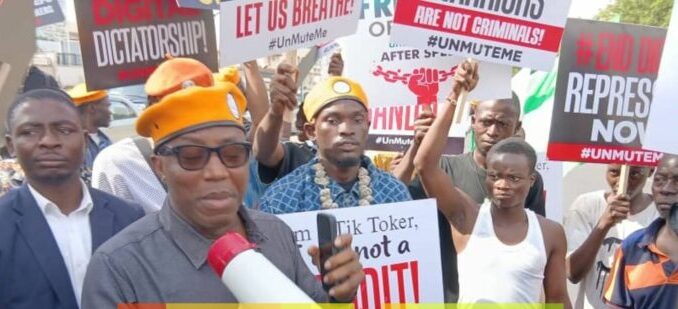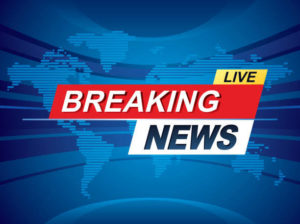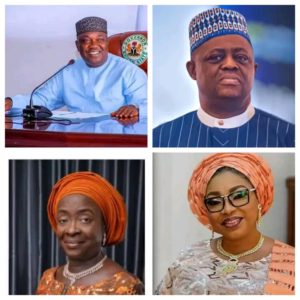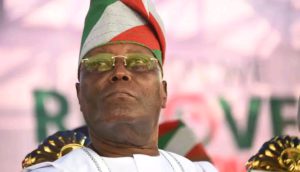Abuja Protests: Citizens Demand Relief from Economic Hardship and Governance Issues

By Usman A Harande
Protests erupted in Abuja, Nigeria’s capital, on April 7, 2025, as citizens voiced their grievances against the Cybercrime Act, economic hardship, and governance issues. Demonstrators gathered at the MKO Abiola National Stadium, only to be met with excessive force from security forces, sparking concerns about human rights and press freedom violations.
Key Concerns Raised by Protesters
- Cybercrime Act: Critics argue that the law infringes on citizens’ rights and freedoms, sparking debates about its implications.
- Economic Hardship: Rising inflation, fuel price hikes, and high living costs have led to widespread discontent among Nigerians.
- Governance Issues: Protesters demand better governance, accountability, and an end to bad governance practices, seeking tangible improvements in their lives.
Reactions and Responses
- Concerned Abuja Indigenes: Condemned the violent suppression of peaceful protests, warning against turning Abuja into a “battleground”.
- Human Rights Groups: Called for investigations into police brutality and demanded justice for victims, emphasizing the need for accountability.
Similar Protests in the Past
- August 2024 Protests: Demonstrators took to the streets in Abuja, protesting bad governance and economic hardship, with some incidents of violence reported.
- Lawsuit Against Police: A coalition of women groups filed a lawsuit against the police for excessive force used during a protest in August 2024, seeking N500 million in damages ¹.






